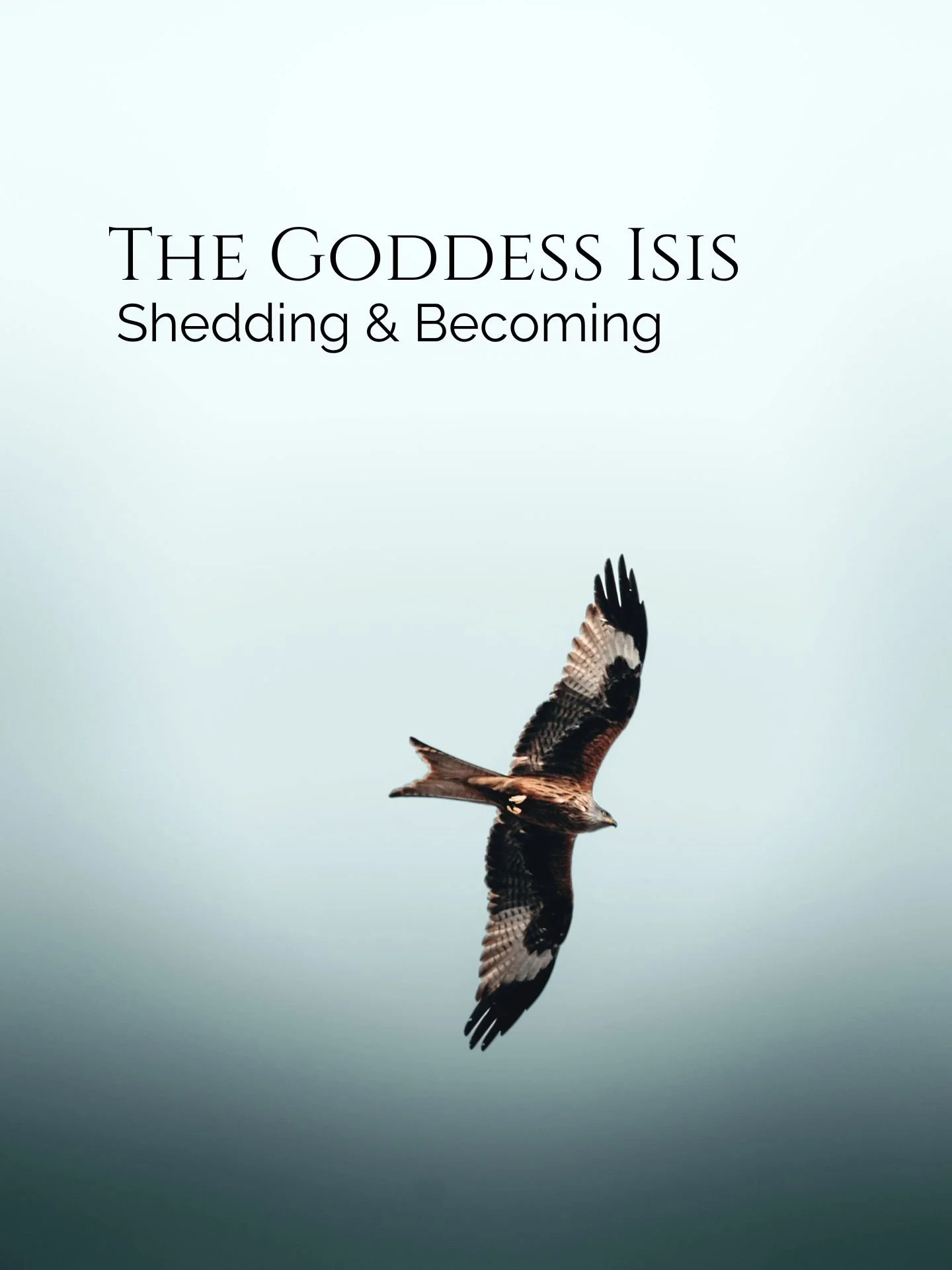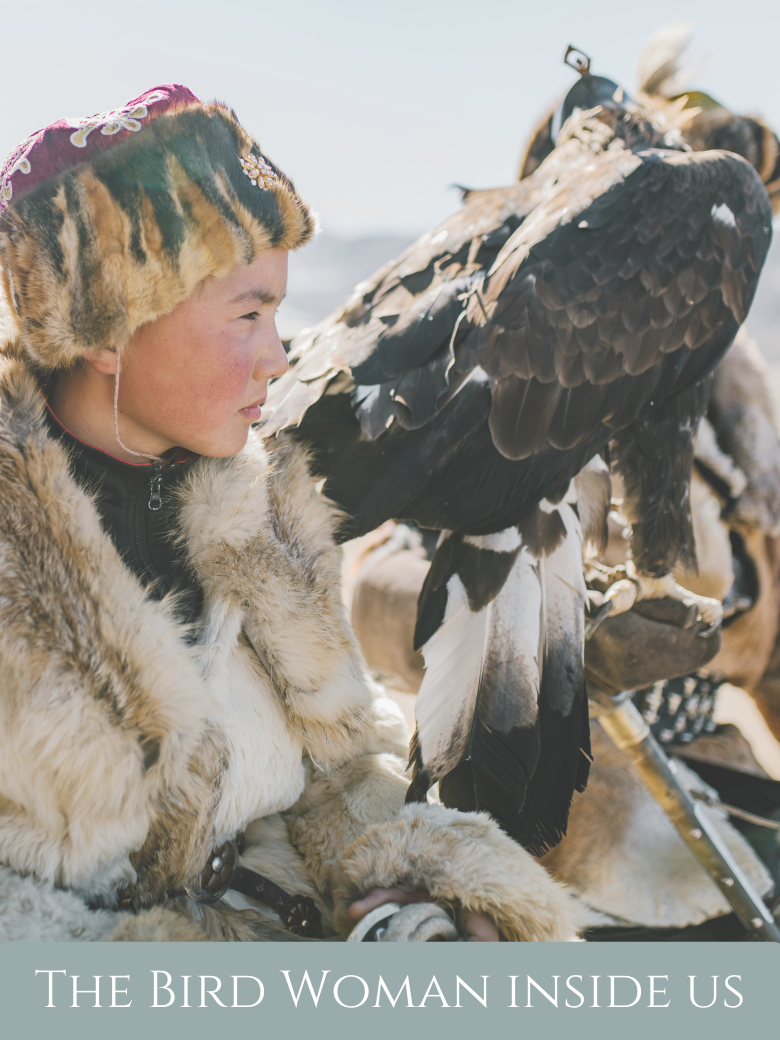I created this little handcrafted linocut print inspired by Basil Johnson’s version of this tale in his book Ojibway Heritage and Victor Barnouw’s retelling of this tale “The Hell Diver and the Spirit of Winter” available on Sokaogon Chippewa Community: Mole Lake Band website.
It is that time of year again where the days grow shorter and the air turns crisp, and chill of winter envelops the northern regions of world, and the warmth of storytelling becomes a cherished seasonal ritual in many traditions. Winter combined with storytelling, and specifically the retelling of ancient folktales, brings to life the many voices of the past and a reminder of how much collective ancient wisdom there is for us all to learn and benefit from.
One particular kind of folktale many of us love to listen to is one where an underdog faces a seemingly unbeatable force of power and succeeds. Whether it is Jack and the Beanstalk, Br’er Rabbit, Mossy Coat, or Crescent Moon Bear and so many others, witnessing someone ordinary do the extraordinary and exceed our expectations gives us a sense of hope and allows us to similarly persevere through our own challenges. Here is one heartwarming Ojibwe winter folktale about a beloved folk hero and wild grebe named Singibis whose perseverance, courage, resilience, and loyalty inspires us to do the same in the face of adversity.
One dreadfully cold winter Singebis decides not to fly south because he wants to take care of his two injured friends whooping crane and mallard duck who are unable to migrate south. Kabibona'kan, the Winter Maker, watches with surprise as Singebis builds a warm fire and lodge for himself and his two friends near a lake. They settle down and prepare for the coming winter months.
Singebis, with his friends Whooping Crane and Mallard Duck under a wintery night sky as they huddle close next to reeds near an icy lake surrounded by Kabibona'kan, Winter Maker.
As time passes, Kabibona'kan becomess annoyed that the three birds remain at the lake instead of flying south, and so he decides to enter the lodge where the three friends live. When Kabibona'kan comes into the lodge it is as though a blizzard has entered the home freezing the feathers of the three friends. Singebis adds more logs to his fire, but Kabibona'kan stubbornly stays put. Finally Singebis mops his face with a handkerchief and tricks Kabibona'kan, “Gee, but it’s hot in here!” says Singebis and Kabibona'kan is confused and thinks fire is hot enough to melt him, so Kabibona'kan runs away.
For a while things seem better for the three feathered friends. Every day Singebis dives through a hole in the ice to catch fish, but Kabibona'kan watches. He does not like to see Singebis succeed at fishing and decides one day to freeze the water completely into ice so Singebis gets trapped underwater. But Singebis finds a way out near the reeds and bulrushes. . .
Finally one day Singebis decides to have a feast of wild rice and invites Kabibona'kan to join the party. When Kabibona'kan comes to the feast Singebis builds the fire higher and higher, and it begins to get warm inside the lodge. Kabibona'kan starts to feel awfully warm, but he likes the wild rice that Singebis had prepared so much he keeps eating. Singebis then says, “Whew! It’s very warm in here. It must be spring already!” And sure enough outside things are already melting with just patches of snow here and there. Kabibona'kan is really frightened he will melt this time and disappears to the north, where there is always snow.
A wild grebe. Photo credit: Keith Proven on Pixels
What strikes me about this story is how even humble creatures we can find right outside our window, like Singebis (and wild animals in general) can be our guides and wisdom keepers. We can find courage, bravery and resilience in their example when find ourselves confronted by the Kabibona'kans in our lives. . .whether it is a relational hardship, or situational hardship, or literally a difficult season of our lives.
One particular Kabibona'kan we all face these days is this great season of divisiveness . . .We are surrounded by a blizzard of black and white thinking that stunts our creative capacity for nuance, complexity and multiple truths. We are frozen by the chilly winds of “us” versus “them” that swirl all around us preventing us from finding common ground, connecting around our shared values. A scarcity mentality with its icy coldness numbs our sense of collective collaboration as a potential resource to ensure everyone benefits. . .
It takes tremendous courage, bravery and effort to look out for each other and find a common ground under these circumstances. It takes resilience and perseverance to be like Singebis and keep loading on the logs to keep that fire rolling so everyone is warm and taken care of and the Kabibona'kan that divides us is kept out of the house! This folktale reminds us we all have the capacity to tap into our inner Singebis, find our inner trickster, and remind ourselves that even a little wild bird can outsmart the Winter Maker!
You can buy this handcrafted linocut print in my Etsy on online shops
James Vukelich, Ojibway author of The Seven Generations and Seven Grandfather Teachings, has shared on his instagram account @jamesvukelich an Ojibwe word that perfectly conveys what many of us are experiencing across the north: Gaakaapiganeyaakwadin which means “it is bone cracking cold”! I love learning this word as I listen and learn the story of Singebis, reflect on its relevance in my life, and find ways to weave its wisdom into my work.
References:
To write this blog post I learned from three authors: James Vukelich, Ojibway author of The Seven Generations and Seven Grandfather Teachings; Basil Johnson’s version of this tale in his book Ojibway Heritage; and Victor Barnouw’s retelling of this tale “The Hell Diver and the Spirit of Winter” available on Sokaogon Chippewa Community: Mole Lake Band website.









Singebis is an ancient Ojibwe winter folktale about a beloved folk hero and wild grebe whose perseverance, courage, resilience, and loyalty in the face of Kabibona'kan, Winter Maker, shows us we can do the same in the face of adversity. This story asks us to reflect on what kinds of Kabibona'kans do we face in our lives today that threaten to divide us from others who might be our friends? This folktale reminds us we all have the capacity to tap into our inner Singebis, find our inner trickster, and remind ourselves that even a little wild bird can outsmart the Winter Maker!